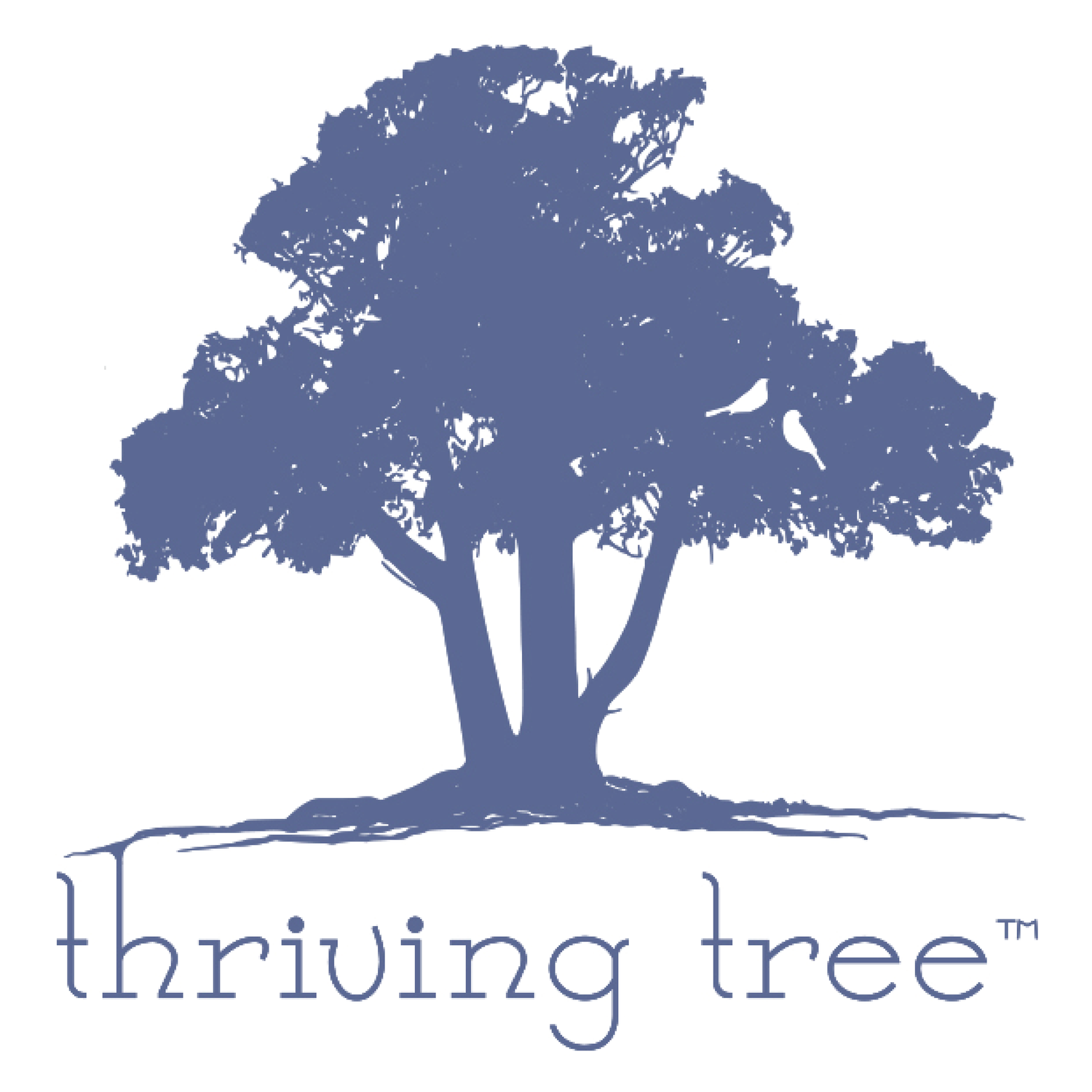being and giving
When I was in college and struggling with substances, I decided to start a daily gratitude list. I sat there, staring at that blank page every night perplexed by what to write. I ended up with a list like this:
I’m grateful for a place to live, my education, friends and family.
No matter how admirable my intentions might’ve been, the list seemed pointless. In some ways it was. I was rotely writing items that I didn’t feel connected to.
Seventeen years and a relapse later, I was in early recovery listening to a friend give his take on gratitude versus thankfulness.
I’ll forever remember what he said. . .
Gratitude is how you feel. Thanks is what you do.
What?! They’re not synonyms? I was dumbfounded!
Of course. Our common phrases around these two words even embody this concept. I can be in a state of gratitude, and I can give thanks. One is a state of being (a noun), the other an act of doing (a verb).
The clouds suddenly parted, shining a light on what I wasn’t able to understand for so many years.
When I live in a state of gratitude, there is resulting action, giving of thanks.
It was a long, difficult, sometimes painful process to get to a place where I could be in gratitude. The countless hours of therapy, treatment, community meetings, and working the twelve steps led me to one of the greatest gifts recovery has to offer, gratitude. I may not always be there, let alone perfectly (what does that even mean?!), but today, I have a path to come back to. . .
I know I can only keep my gratitude if I give away my thanks.
. . .
The Art of Appreciation
Appreciation increases satisfaction, building a connection between people. Marshall Rosenberg, author of Nonviolent Communication: A Language of Life, views contribution as a crucial human need. Knowing that we’ve contributed can foster a sense of meaning in our lives, which, in turn, leads to a sense of satisfaction.
When we voice appreciation to another, we let them know that their contribution matters to us. Dr. Rosenberg offers three guidelines for offering appreciation:
What action did this person take to enhance your life?
What feeling came about as a result of this action?
What need did this experience satisfy?
An appreciation, following this guideline, might look sound like this:
Hey! The other day when you called up asking if I’d like to meet for coffee, I really needed that. I was feeling swamped at work, and chatting for an hour with you was just what I needed. I felt calmer and more relaxed when I went back. Thanks!
While a thank you or a compliment is sufficient, verbalizing appreciation travels another level deeper not only building community but also helping people in the community fulfill their fundamental human need for contribution and satisfaction.
What would it be like to offer your gratitude to someone in the form of an appreciation?
